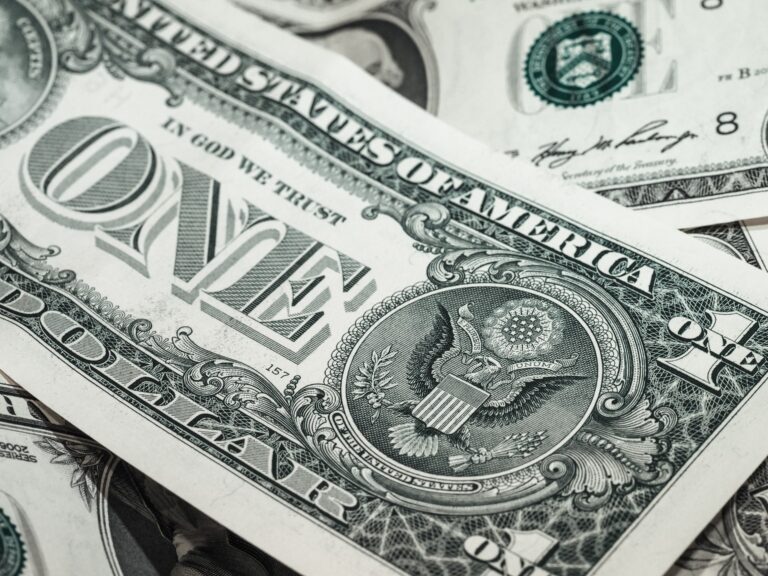
Morning Brief – David and Goliath
David and Goliath
Yesterday’s FX market was characterised by heavy Euro weakness and a surging US Dollar. The only discussion taking place in the market yesterday, aside from a minor distraction in the form of Jeremy Hunt’s budget, was Credit Suisse. So, can the Goliath of the US Dollar really be undermined by a single Swiss stock? The answer as we saw yesterday was a resounding although likely short lived yes. Following disturbances in the US banking sector last week with the collapse of Silicon Valley Bank and the forced closure of other US banks, markets were on edge to see if contagion would spread through the sector. Each time a single banking stock had taken a hit, including before the forced sales of SVB, stock prices in the wider banking sector globally had tended to fall.
Investors were both bracing themselves for any potential systemic risk that might either be shared by the sector as a whole or even created by the singularities happening elsewhere in the market. Yesterday, confirmation that one of Credit Suisse’s biggest shareholders would not (and could not for regulatory purposes) inject more capital into the bank sent shares tumbling. Overnight the lender secured confirmation from the Swiss National Bank that it could tap into up to $54bn of reserve cash. Given the havoc brought yesterday to its stock and bonds, it also offered to repurchase a significant amount of debt to stem the erosion of value behind its direct instruments.
The reaction in the US Dollar yesterday reflected a flight to safety from investors. Reminders of events still all too familiar from the 2007/8 era led to defensive market conditions with strong defensive bids into the Dollar and other safehaven currencies. Credit Suisse’s woes exposed yesterday could have been read as the prelude to a wider European banking crisis, allowing the Euro to also lose value. The Euro was particularly sensitive ahead of a much awaited 50-basis point hike from the ECB that had, until recently, been expected to be delivered today. All eyes will be on the ECB today whether the concerns surrounding the banking sector prompt them to recast their seemingly set in stone overside hike. Whilst the knock-on effects of undermining expected interest rate hikes may endure leaving lasting impacts on currencies, the truth is Credit Suisse has been in investors’ crosshairs for a long time and there is no sign of a wider banking crisis in Europe at this time.
Discussion and Analysis by Charles Porter

Related Insights

Daily Brief – POTUS in Kingdom of Saudi Arabia
POTUS in Kingdom of Saudi Arabia As one of POTUS’ travelling companions on this week’s visit, Larry Fink of Blackrock represents everything that a US President might want to burnish his credentials in the desert kingdom: head of the largest asset manager on the planet, hugely influential and totally credible. Just a shame that he […]

Daily Brief – Oil Price
Oil Price Pre TT or Trump Tariffs, the oil price seesawed around but mostly reverted to its mean over a few trading sessions unless a major piece of economic, political or trade news arose. All that has gone out of the window with steady declines in session after session, so in case you have been […]

Daily Brief – Beyond USD
Beyond USD A comment caught our eye over the weekend: assuming that US markets will recover is not a strategy, it is now for the first time in decades a gamble. With the Vix volatility index of the S&P500 still high, US Treasuries having failed the test recently when they failed to rally at market […]



 Humphrey Percy
Humphrey Percy